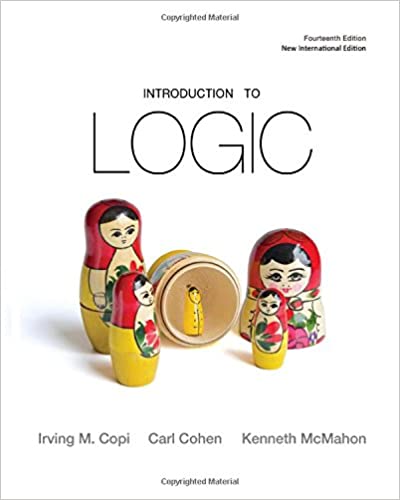
Logic isn’t just for philosophers. Join Dr. Nicholson in this course and discover why logic is important in STEM fields as well as in the humanities. Learn how to weigh evidence, formulate causal hypotheses, and calculate basic probabilities. We will also explore inductive fallacies, and learn how to factor costs and benefits in decision making.
How to get the most out of Basics of Inductive Reasoning with Sam Nicholson
- Make sure you complete the reading assignments prior to class.
- Make sure you do the practice questions that appear at the end of every reading assignment. Also make sure that you pay special attention to any key terms that are written in boldface and make sure you know how to define them.
- Pay close attention during lecture and take notes. Copy examples that we go over in class in your notes so that you can review them at home on your own.
- Always ask questions if you have them! If you are going over something that you find difficult, never hesitate to send me an email with your question. I will always respond promptly and do my best to help you through the materials. My email is scn8v@virginia.edu.
- Make sure you are prepared for graded assignments. We will be having bi-weekly quizzes that cover the materials we are going over in the readings and in lecture.
Total Classes: 12
Duration: 55 minutes
Prerequisite: None
Suggested Grade Level: 9th to 12th grade
Instructor: Sam Nicholson, Ph.D.
Instructor Email: scn8v@virginia.edu
Course Description: We will study the basic contours of inductive reasoning, which includes inference to the best explanation, the scientific method, and some very rudimentary probability theory. Our goal is to learn how to distinguish strong and weak inductive arguments, how to weigh evidence, evaluate hypotheses, and determine causation. This class will have a very broad scope of application and will be of service to those in STEM-related fields as well as those in the humanities.
Course materials: Our course text is Copi and Cohen's famous "Introduction to Logic", 14th edition. ISBN-10: 0205820379, ISBN-13 978-0205820375 (https://amzn.to/3lh9nL8). It is permissible to use other versions of this textbook, but please be aware that there may be minor differences in pagination and material. For this reason, assignments are indicated by chapter and section numbers rather than page numbers.
Homework: There will be three quizzes, a mid-term examination, and a cumulative final exam. These will make up 45%, 25%, and 25% of your grade respectively. The remaining 5% of your grade will be assigned on the basis of attendance and participation.
- Teacher: Sam Nicholson